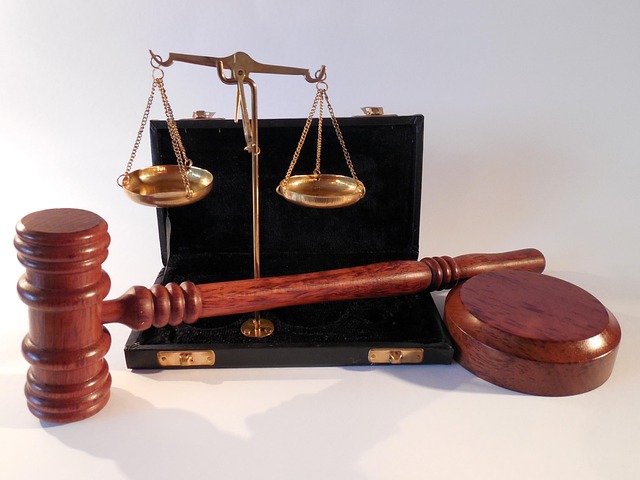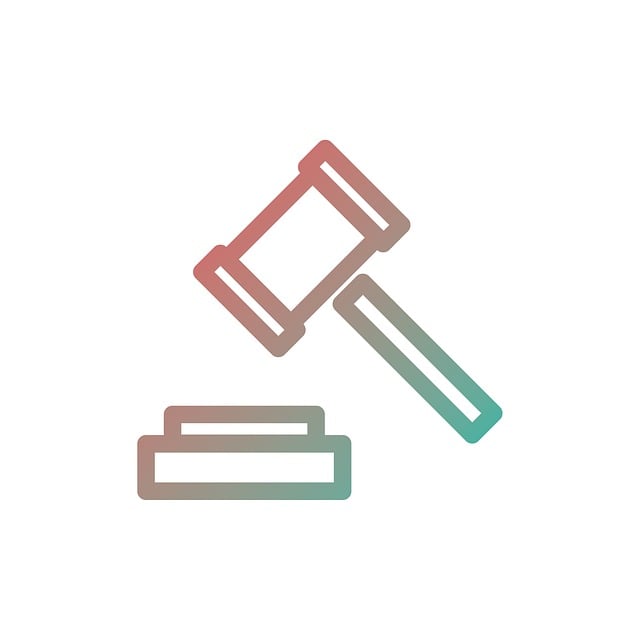Whistleblower Protection Laws (WPL) are crucial for fostering transparency and accountability by safeguarding individuals who expose illegal activities from retaliation, encouraging ethical conduct. However, litigating breach of contract cases under WPL carries significant financial risks, including high legal fees, expert witness expenses, and personal liability for directors. To mitigate these costs, organizations should assess claims early, engage in settlement negotiations, implement robust internal whistleblower protection policies, and balance protecting whistleblowers with ensuring fairness and accuracy in legal proceedings.
“Whistleblower Protection Lawsuits: Navigating Legal Complexities and Financial Implications
In an era where corporate misconduct is a growing concern, whistleblower protection laws have become integral in fostering transparency. This article delves into the intricate world of these lawsuits, focusing on their rationale and financial dimensions. We explore the understanding of whistleblower protections, examining the costs associated with litigating breach of contract cases. Additionally, key considerations for evaluating such lawsuits are presented, along with strategies to mitigate legal expenses in this demanding litigation landscape.”
- Understanding Whistleblower Protection Laws and Their Rationale
- The Financial Implications of Litigating Breach of Contract Cases
- Key Considerations When Evaluating Whistleblower Protection Lawsuits
- Strategies to Mitigate Costs in Whistleblower Protection Litigation
Understanding Whistleblower Protection Laws and Their Rationale
Whistleblower Protection Laws (WPL) are designed to safeguard individuals who expose illegal or unethical activities within organizations from potential retaliation. These laws recognize the critical role whistleblowers play in ensuring accountability and promoting transparency. By providing legal recourse, WPL aim to encourage employees to report misconduct without fear of adverse consequences. This is particularly important as it facilitates a robust system of checks and balances, deterring corporations and individuals from engaging in fraudulent or harmful practices.
Understanding these laws is essential for several reasons. Firstly, they establish guidelines for how whistleblowers can pursue legal action if they experience retaliation after reporting wrongdoings. Secondly, WPL outlines the responsibilities of both the whistleblower and the entity they expose during all stages of the investigative and enforcement process. Moreover, these laws often include provisions that make it easier for whistleblowers to access justice, potentially reducing the cost of litigating breach of contract cases resulting from retaliation. Ultimately, the rationale behind WPL is to foster a culture where ethical conduct is encouraged while protecting those who dare to speak up against corruption or illegal practices.
The Financial Implications of Litigating Breach of Contract Cases
Litigating breach of contract cases can have significant financial implications for both corporations and individuals alike. The cost of litigating such matters often involves substantial legal fees, expert witness expenses, and potentially high damages if the plaintiff prevails. For corporate clients, these costs can be a heavy burden, impacting their bottom line and strategic resources. In complex cases involving white-collar and economic crimes, the financial implications may extend further, affecting not just the offending entity but also its directors and officers who could face personal liability.
Moreover, the duration of these lawsuits is another factor to consider. Protracted legal battles can lead to increased expenses due to prolonged legal representation, delayed business operations, and potential loss of market position. This financial strain isn’t limited to for-profit corporations; philanthropic and political communities may also face economic setbacks if involved in such disputes. Therefore, understanding the cost of litigating breach of contract cases is crucial for both parties seeking to mitigate risks and avoid undue financial burden.
Key Considerations When Evaluating Whistleblower Protection Lawsuits
Evaluating Whistleblower Protection Lawsuits involves several key considerations. One of the primary concerns is the cost of litigating breach of contract, which can be substantial, especially in complex cases involving white collar and economic crimes. This includes legal fees, expert witnesses, and extensive documentation required to prove wrongdoing. The potential impact on the whistleblower’s financial stability must be assessed, ensuring they are equipped to withstand the financial burden without compromising the case’s integrity.
Additionally, understanding all stages of the investigative and enforcement process is crucial. From initial disclosures to subsequent investigations and any potential complete dismissal of all charges, each phase presents unique challenges and opportunities. Effective evaluation should consider not only the likelihood of success but also the broader implications for future cases, setting a precedent that protects whistleblowers while promoting fairness and accuracy in legal proceedings.
Strategies to Mitigate Costs in Whistleblower Protection Litigation
When facing whistleblower protection lawsuits, especially in high-stakes cases that span across the country, organizations often look for strategies to mitigate the cost of litigating breach of contract claims. One effective approach is early case assessment and settlement negotiations. By thoroughly evaluating the merits of the claim and exploring potential resolutions before filing a formal response, companies can significantly reduce legal expenses. This proactive stance allows for more efficient resource allocation and can prevent the need for lengthy and expensive jury trials.
Additionally, implementing robust internal policies and procedures to protect whistleblowers from retaliation can serve as a powerful deterrent. These measures include establishing clear channels for reporting violations, guaranteeing anonymity where appropriate, and ensuring swift and impartial investigations into reported concerns. Such proactive steps not only comply with legal requirements but also demonstrate an organization’s commitment to ethical conduct, potentially reducing the likelihood of lawsuits altogether.
Whistleblower protection lawsuits, while critical for holding organizations accountable, come with significant financial implications, particularly regarding the cost of litigating breach of contract cases. Understanding these laws, their rationale, and key considerations is essential to navigating this complex landscape. By employing effective strategies to mitigate costs, legal professionals can help reduce the financial burden associated with whistleblower protection litigation, ensuring that justice is served without undue economic strain.






